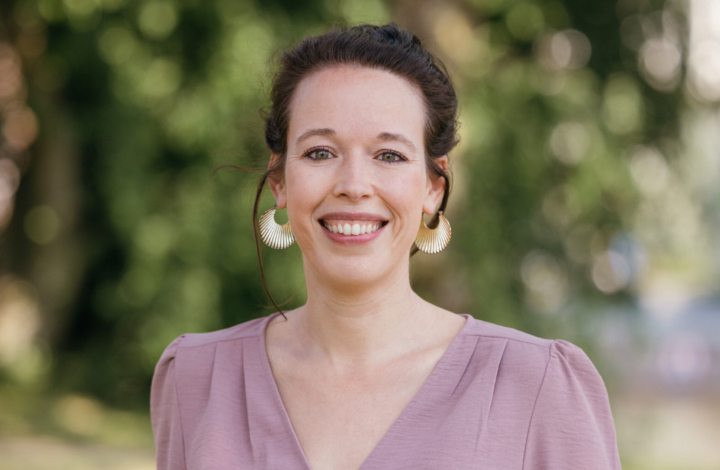Femke Roosma
Instituut Gak Fellow

Project title
What’s next for the Dutch welfare state? Unpacking public support for social policy alternatives
Research question
What types of social policy alternatives are supported by different segments of the Dutch general public? How do these groups evaluate such alternatives in comparison to existing policies?
Project description
The Dutch welfare state is at a turning point. Shaped by outside pressures, internal challenges, and fresh ideas, it’s being pushed toward reform to better meet new social needs. But what should this transformation look like? And what kind of welfare state do people actually support?
Femke Roosma’s project starts with a key question: how socially legitimate are different policy alternatives? It explores public support for a wide range of social policy proposals—looking at what types of policies people prefer, which groups they think should benefit, and how these policies should be put into practice. The research also examines whether people favour new ideas over existing ones, and which social, political, or economic groups back different approaches.
Using a mix of existing survey data and a new survey experiment carried out in December 2023, the project analyses these preferences across society.
Selected publications
- Roosma, F. (2024). Onbehagen omsmeden tot vernieuwingkracht: Over het onbehagen in de verzorgingsstaat en democratische interventies die het weg kunnen nemen. Amsterdam: Uitgeverij Van Gennep
- Roosma, F. & Laenen, T. (2023) A Research Agenda for Public Attitudes to Welfare. Cheltenham: Edward Elgar Publishing
- Meuleman, B., Roosma, F., Abts, K. (2020) Welfare deservingness opinions from heuristic to measurable concept: The CARIN deservingness principles scale. Social Science Research, 85 doi: 10.1016/j.ssresearch.2019.102352